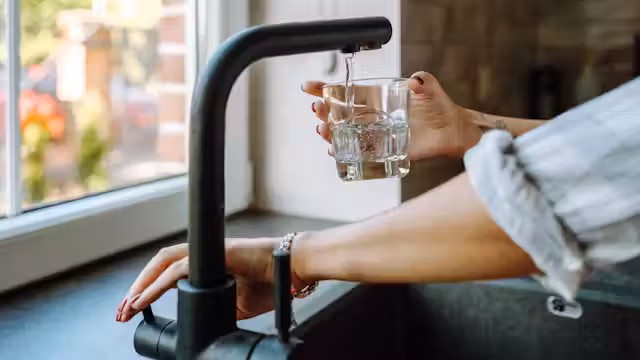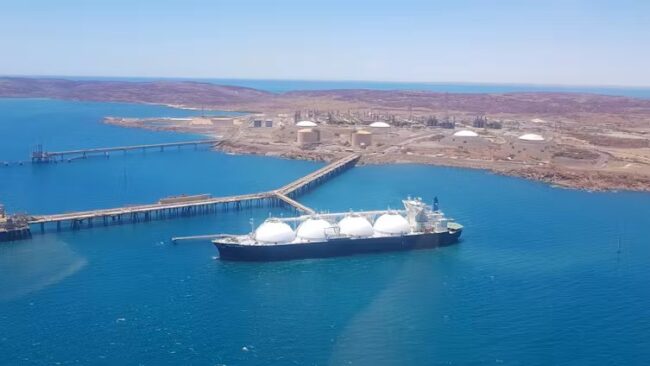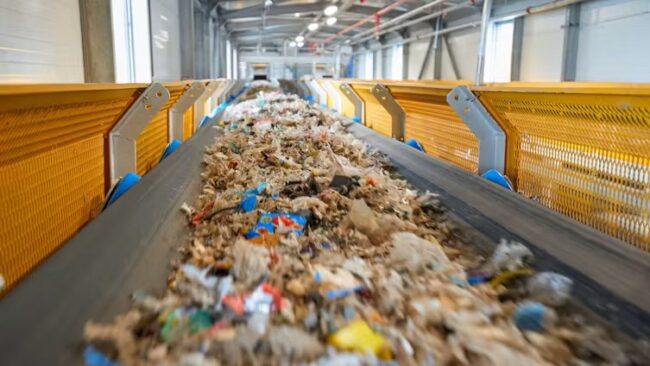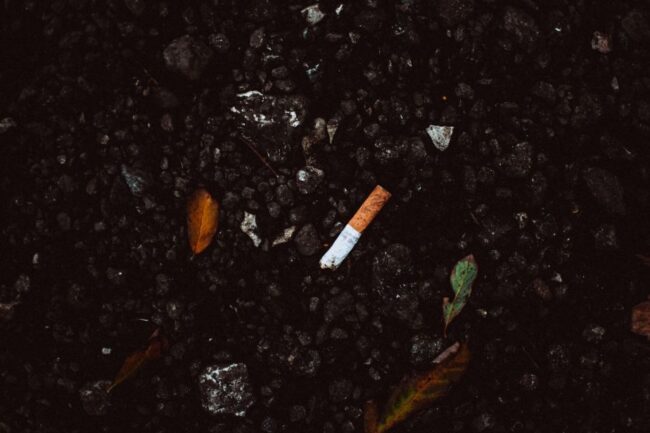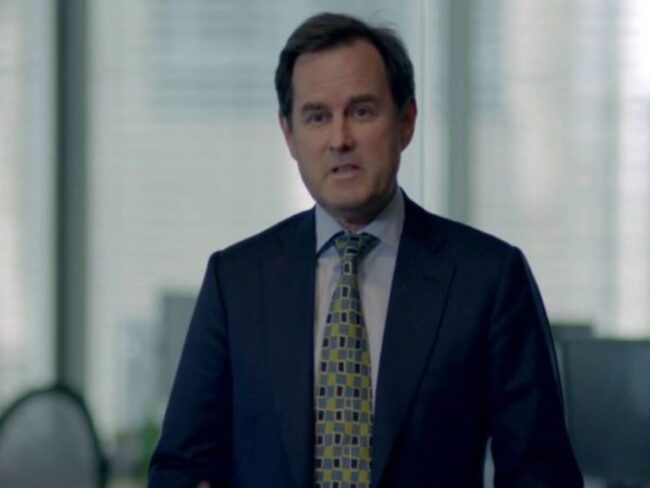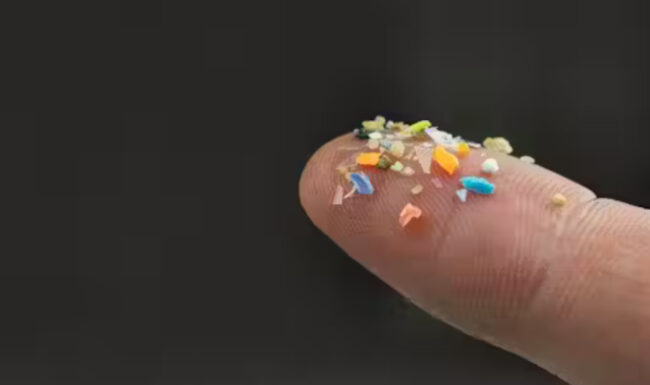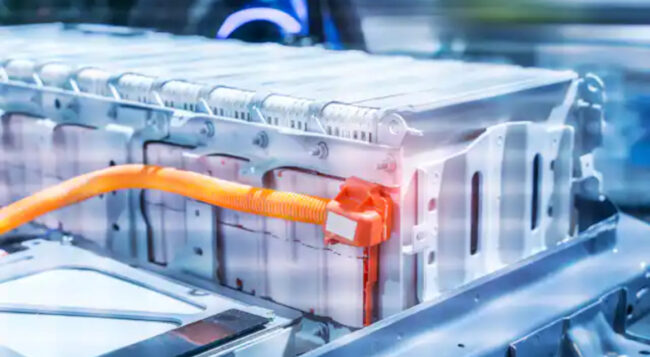Australia has banned three ‘forever chemicals’ – but Europe wants to ban all 14,000 as a precaution
By Bhavna Middha, RMIT University; Ralph Horne, RMIT University, and Vincent Pettigrove, RMIT University Last month, Australia’s ban on the import, use and manufacture of three types of “forever chemical” came into effect. These chemicals – PFOA, PFOS and PFHxS – have long lifespans and resist breaking down. They’re considered harmful due to their ability…


